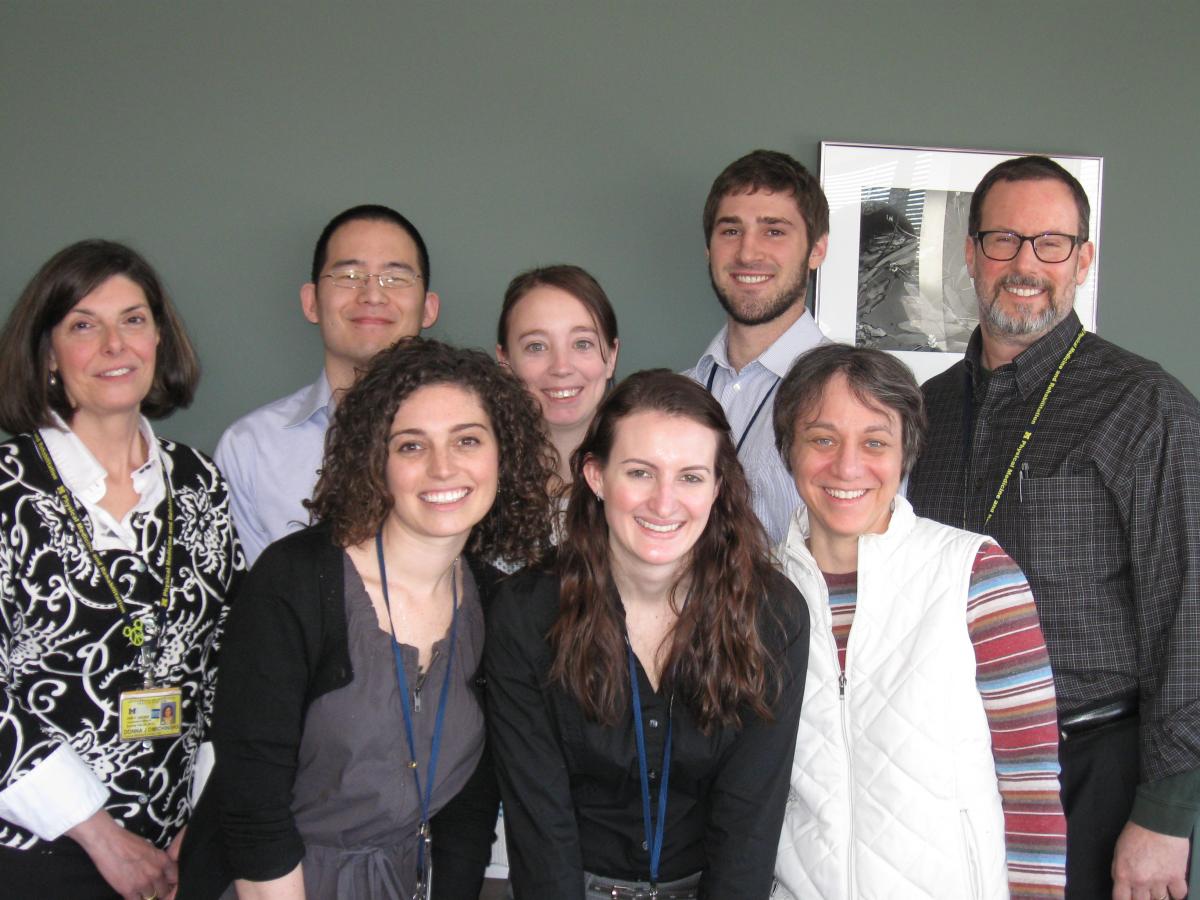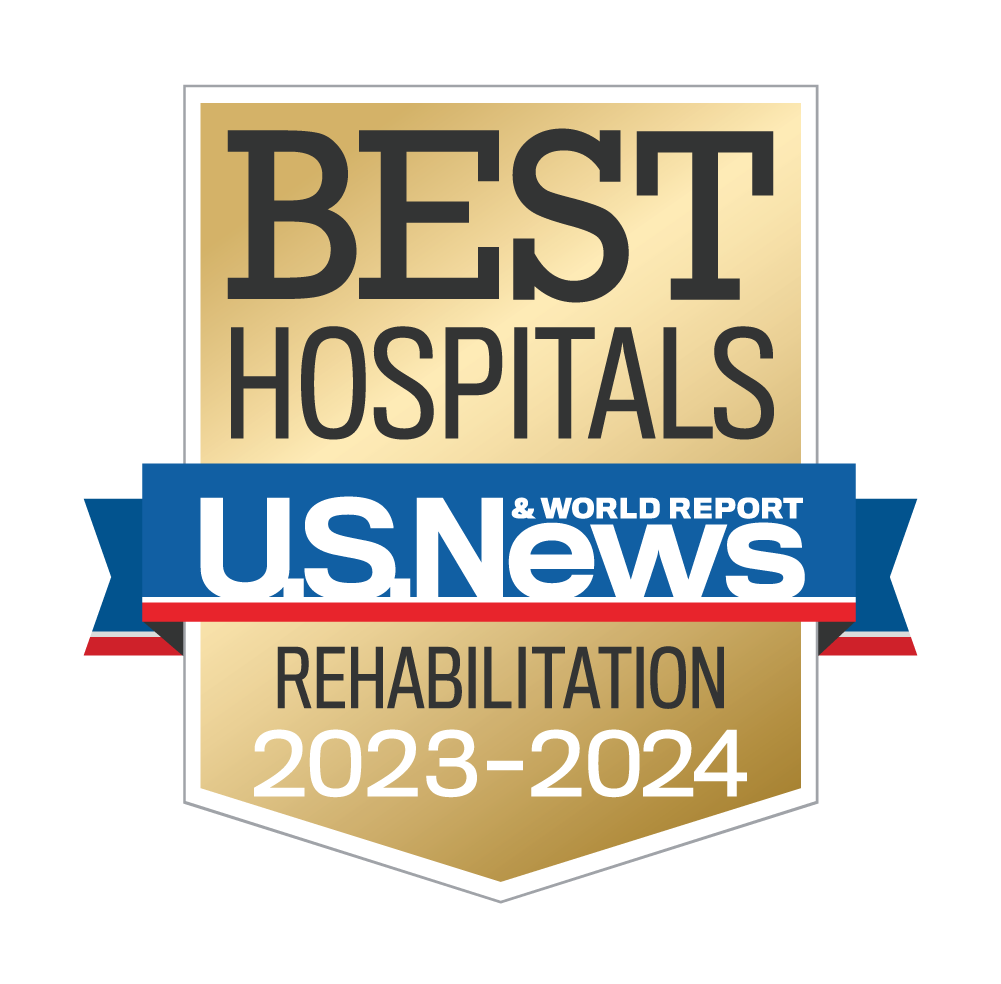Traditional cognitive assessment requires the ability to speak, point, see, and hear. These methods of testing cognition and learning are not accessible to children with significant physical, communicative, and sensory impairments. The initial goals of the lab were to develop cognitive assessment procedures that provided a more accurate and well-rounded profile of the child’s abilities. This type of individualized profile was used to generate recommendations for appropriate supports in their school, home and community settings. To support this goal, we compiled a list of Parent/Teacher Resources to encourage the sharing of information to promote collaboration among all parties.
During the early stages of research, the M-ACAL team confronted wide variability in how consistently children with movement and speaking disabilities were able to communicate different kinds of choices. From these findings, a model for the progression of choice-making skills was developed that distinguishes between choices to indicate preference and choices to indicate knowledge.
As accessible instruments have been developed, we have begun to study the neuropsychology of specific congenital neurodevelopmental conditions. Current studies focus on literacy, processing speed, attentional impairments, sleep disorder, and quality of life in children with cerebral palsy. Future studies will examine additional cognitive functions in children with cerebral palsy and other neurodevelopmental conditions.
Our research findings have been published in chapters of prominent books and scientific journals, as well as consumer-oriented publications over the last few years; please refer to our bibliography for these published works.



